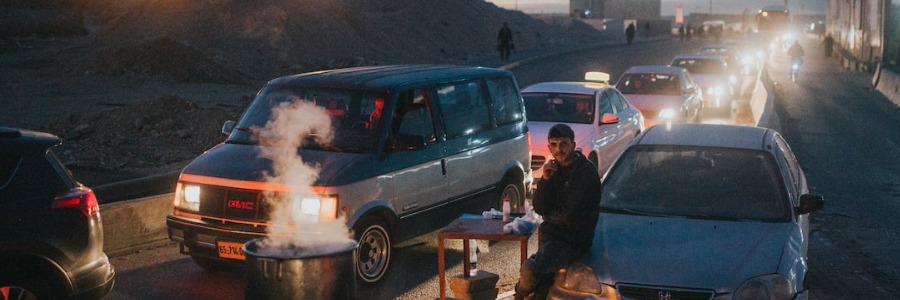In Texas, as well as across the United States, it is against the law to operate a motor vehicle with a blood alcohol content (BAC) of 0.08% or higher. However, the use of driving while intoxicated (DWI) checkpoints by law enforcement is another story. This has proven to be a divisive issue and in the U.S., 38 states allow DWI checkpoints while 12 do not. Texas belongs to the latter category. Within state borders, sobriety checkpoints are not authorized as courts have found the practice to be unconstitutional.
Implied Consent and Drunk Driving
Before we discuss the details of DWI roadblocks, it is important to understand when a person can be legally stopped and investigated under the suspicion of drunk driving. If an officer has a reason to believe that a driver is intoxicated, that driver may be asked to take a sobriety test. If arrested, a driver may be given a blood test.
Because Texas is an implied consent state, as established in Texas Transportation Code 724.11, by driving on Texas highways, you have already consented to these DWI tests. You are not required to consent, though.
In Texas, all drivers must abide by “complied consent” laws, which state that by driving, all motorists “consent” to take these sobriety tests if arrested. This means that if you are driving on the road, you have already given your consent. While you may be able to refuse to take a blood test (except for in limited situations), it will result in the administrative suspension of your license. It is important to emphasize that police must possess a valid reason for conducting a test or arrest for DWI.
Furthermore, if you refuse to test, you cannot be forced to test against your will, save in extremely limited circumstances. This rejection, however, is grounds for an administrative license suspension and is admissible as evidence in court. If you are stopped and the officer wants a DWI test, do not resist; instead, gently seek to talk with your Texas DWI defense attorney before responding.
What the Law Says about Sobriety Checkpoints
The question of legality concerning the use of DWI checkpoints hinges on a citizen’s Fourth Amendment right, which grants protection against unreasonable search and seizures. While Texas does not have a law explicitly banning these checkpoints (as some states do), the state court’s interpretation of the Constitution holds that the practice violates the Fourth Amendment.
The problem is that during a DWI checkpoint, drivers are being profiled based solely on their location. An officer initiates an “investigation” based not on any observed behavior or violation of the law, but simply because they were driving down a particular street. This means a sobriety checkpoint would allow the police to stop a driver without any reason to believe that a person has broken the law.
Regina H. Holt vs the State of Texas
Regina H. Holt vs. the State of Texas is a landmark case in Texas DWI jurisprudence that explains why DWI checkpoints are illegal. According to the details of this case, the Arlington Police Department set up a DUI checkpoint in the city of Arlington, where Holt was detained for drunk driving. Holt had filed a suppression request to exclude any evidence acquired at the checkpoint, claiming that it violated the 4th Amendment and articles 1&9 of the Texas Constitution.
The Texas Court of Criminal Appeals concurred with Holt, ruling that DWI checkpoints are illegal and unconstitutional. As a result, all evidence obtained at the checkpoint was excluded. As a result, the prosecution’s proof was insufficient, and Holt was acquitted.
This case was decided in 1994, and it established Texas as one of the 13 states that have made DWI checkpoints illegal. DWI checkpoints are now deemed illegal in Texas, and any evidence obtained from them is inadmissible.
Can drivers avoid DWI checkpoints by turning around?
It is not criminal to purposefully dodge a DWI checkpoint. To avoid approaching a DWI checkpoint, you can take an alternate route or turn around as a motor vehicle driver.
In practice, checkpoints are not traps, and they will have offered a sufficient warning to motorists who can opt to avoid them before law enforcement sets them up. Furthermore, it is illegal for a police officer to stop a driver only because he or she dodged a DWI checkpoint.
However, Texas driving laws will continue to apply. A police officer may stop you if you violate a traffic regulation, drive recklessly, or show clear indications of alcohol while attempting to escape a DWI checkpoint.




